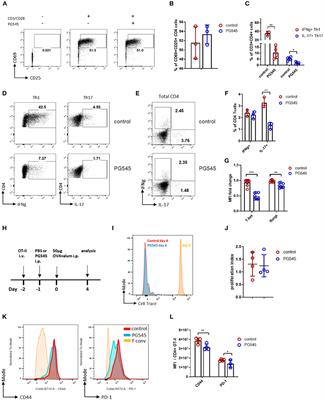EDITORIAL
Published on 15 Oct 2020
Editorial: Proteoglycans and Glycosaminoglycan Modification in Immune Regulation and Inflammation
doi 10.3389/fimmu.2020.595867
- 2,341 views
- 3 citations
35k
Total downloads
134k
Total views and downloads
Select the journal/section where you want your idea to be submitted:
EDITORIAL
Published on 15 Oct 2020
REVIEW
Published on 19 May 2020
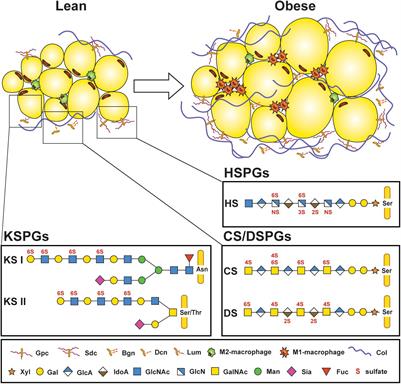
ORIGINAL RESEARCH
Published on 29 Apr 2020
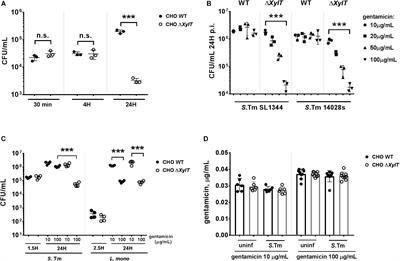
REVIEW
Published on 29 Apr 2020
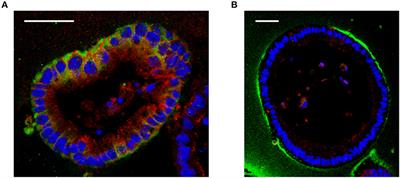
ORIGINAL RESEARCH
Published on 28 Apr 2020
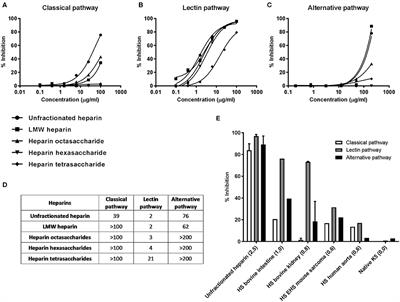
REVIEW
Published on 24 Apr 2020

PERSPECTIVE
Published on 03 Apr 2020
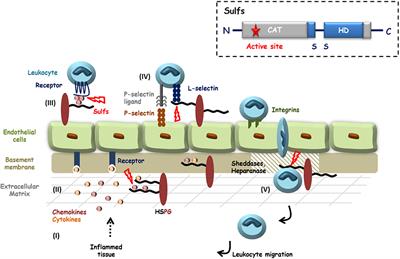
REVIEW
Published on 31 Mar 2020
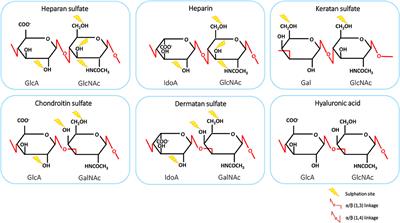
REVIEW
Published on 24 Mar 2020
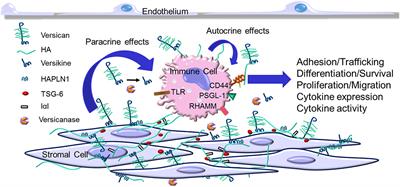
MINI REVIEW
Published on 03 Mar 2020
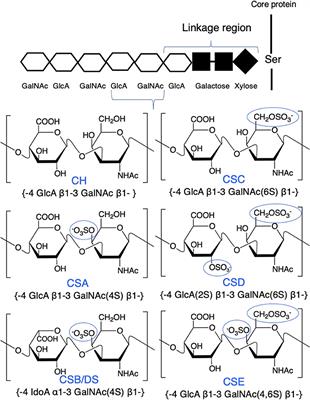
MINI REVIEW
Published on 18 Feb 2020
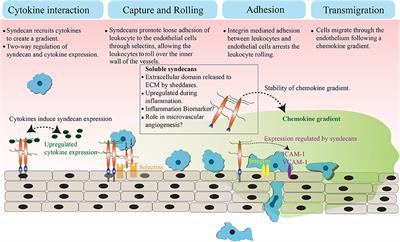
ORIGINAL RESEARCH
Published on 06 Feb 2020
